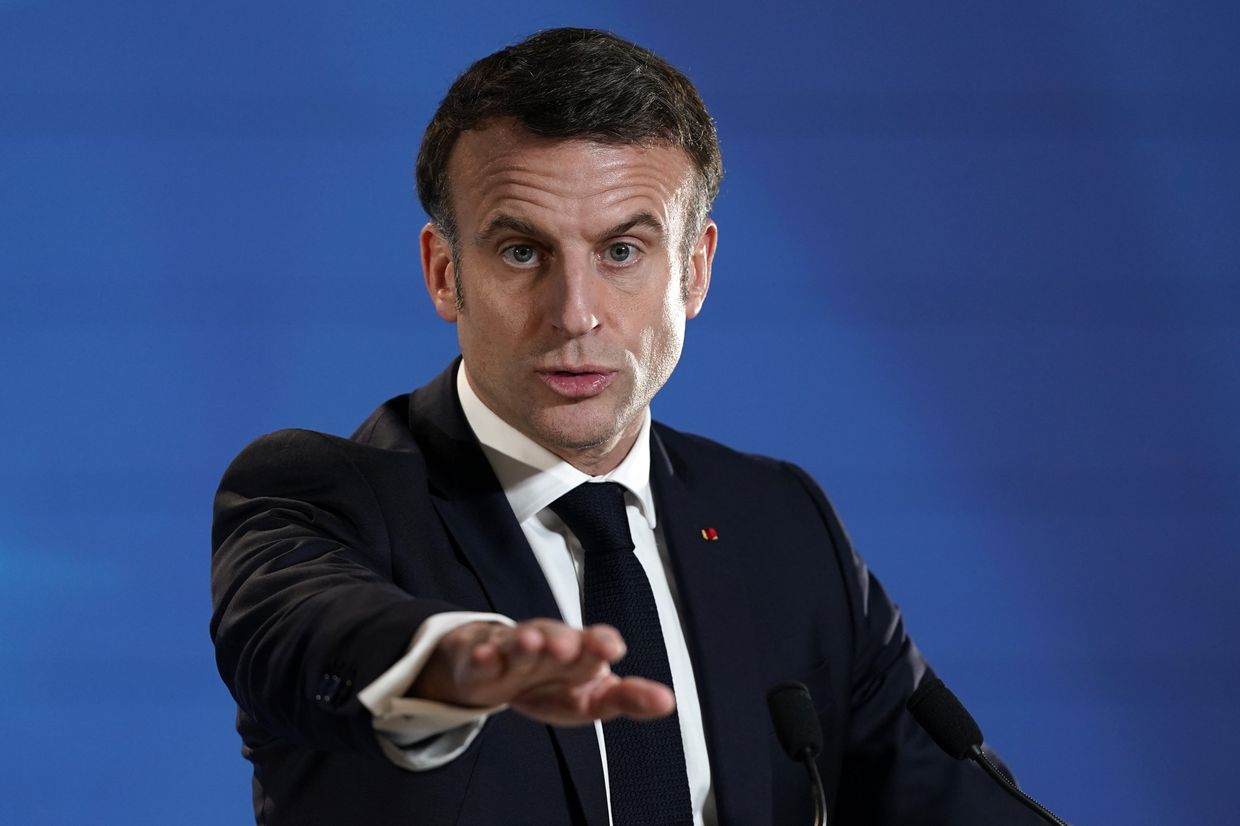WSJ: Macron privately pushed Biden, Scholz to adopt 'strategic ambiguity' toward Russia

French President Emmanuel Macron held confidential calls with U.S. President Joe Biden and German Chancellor Olaf Scholz in February to convince them about the need for strategic ambiguity in their approach toward Russia, the Wall Street Journal reported on April 3, citing undisclosed official sources.
The French head of state held the talks ahead of the allied summit in Paris, during which Macron said that sending Western troops to Ukraine should not be ruled out in the future.
The public remarks took many allies aback, with several NATO members, including Germany and the U.S., emphatically rejecting the possibility. Macron's statement also represented an unexpected shift when compared to his more cautious stances early in the full-scale war.
Paris' new propositions would mean a radical change in the West's standing strategy, which is centered around assisting Ukraine while not crossing certain "red lines" that could escalate tensions with Russia.
Biden questioned the need to change this strategy in talks with Macron, while Scholz opposed the idea and said it risked dividing the allies, the Wall Street Journal wrote.
Behind the scenes, French officials stressed that Macron's suggestion concerned sending NATO troops to train Ukrainian personnel or clear minefields, not to take part in combat, according to the outlet.
Several allies, such as Estonia or Czechia, have said that the deployment of troops, for example, for non-combat tasks, should not be completely ruled out.
Kyiv has not appealed to the West to send its troops to Ukraine, instead asking for increased arms supplies to help Ukrainian soldiers fend off Russian aggression.
Speaking with the French broadcaster BFMTV in March, Ukraine's President Volodymyr Zelensky said that "as long as Ukraine holds, the French army can stay in French territory."













